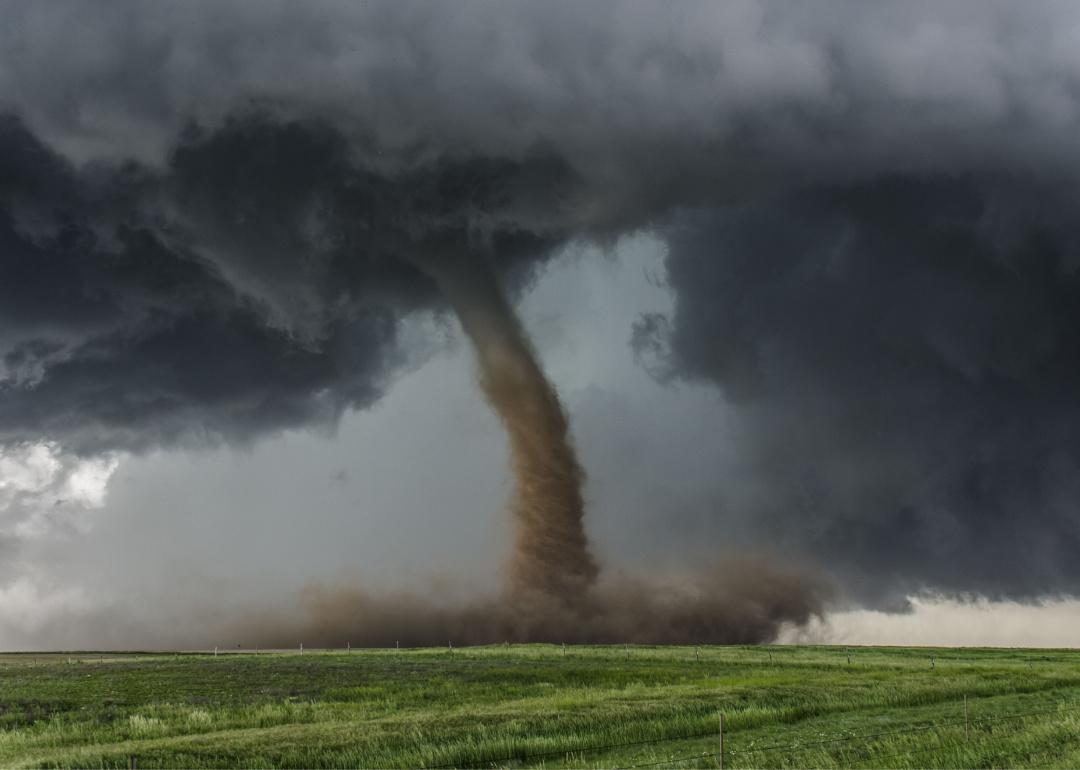
Biggest tornadoes in Michigan of the past decade
Of the 1,600-plus tornadoes that happen around the world each year, the vast majority occur in the United States.
A large part of the central U.S.—dubbed Tornado Alley—has become famous for its high number of annual tornadoes; however, even though it has been enshrined in films like "The Wizard of Oz" and "Twister," the storms can happen anywhere. The Southeast experiences tornadoes at a similar frequency, and even seemingly unlikely states like Hawaii have experienced them.
Meteorologists use the Enhanced Fujita scale to classify tornadoes' severity. The storms are ranked on a scale of EF0 to EF5 based on wind speed and related damage, with EF5 storms having wind speeds above 200 mph. Most tornadoes in the U.S. have wind speeds below 110 mph—making them primarily EF0 and EF1 storms. Still, even smaller-scale storms can cause significant damage. EF0 and EF1 storms have contributed to more than $900 million in property damage since 2012, averaging $75,000 per storm. EF1 tornadoes are associated with broken windows, uplifted roofs, and torn-down garage doors.
Less than 3% of tornadoes have reached EF3 status—wind speeds between 136 and 165 mph—or greater since 2012. Though they represent a small percentage of events, their impacts cause an outsized portion of property damage. Storms EF4 or stronger can flatten entire homes. Even though the U.S. has experienced only one EF5 storm in the past decade—it emerged from a series of tornadoes that struck central Oklahoma in May 2013—that storm took 24 lives and left billions of dollars of damages.
Tornadoes result in about 71 deaths per year, most of which are due to flying debris. The prevalence of mobile homes in areas of the Southeast often afflicted by tornadoes can put people at greater risk of death or serious injury. 2023 has already recorded over 500 tornadoes, according to preliminary counts, a high number this early in the season. And by the end of April, nearly two-thirds of the 23 deaths recorded this year had occurred in mobile homes.
Citing data from NOAA's Storm Events Database, Stacker identified the biggest tornadoes in Michigan since 2012. Storms are ranked by the Enhanced Fujita Scale, with length and width serving as tiebreakers. In an outbreak of multiple tornadoes, the storm with the highest Enhanced Fujita Scale rank was used. Storms ranked "EFU," meaning that they did not result in any property damage or deaths, are not included.
Read on to see if you remember the biggest storms that have hit Michigan over the past decade.
Editor's note: The accompanying photos capture tornadoes but not necessarily those named in each slide.
You may also like: Cities with the fastest-growing home prices in Michigan
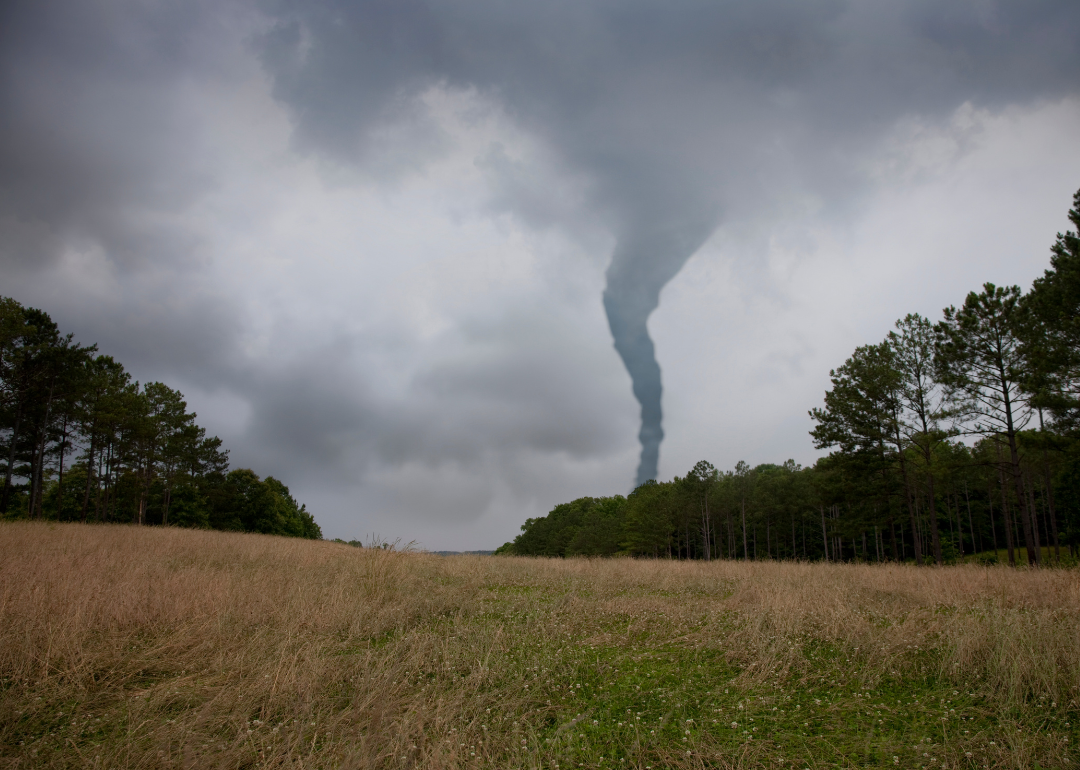
#15. Apr. 10, 2017
- Maximum tornado scale: EF1 (86-110 mph)
- Maximum tornado length: 3.3 miles
- Maximum tornado width: 220 feet
- Estimated property damage: $210.0K
- Estimated deaths: None
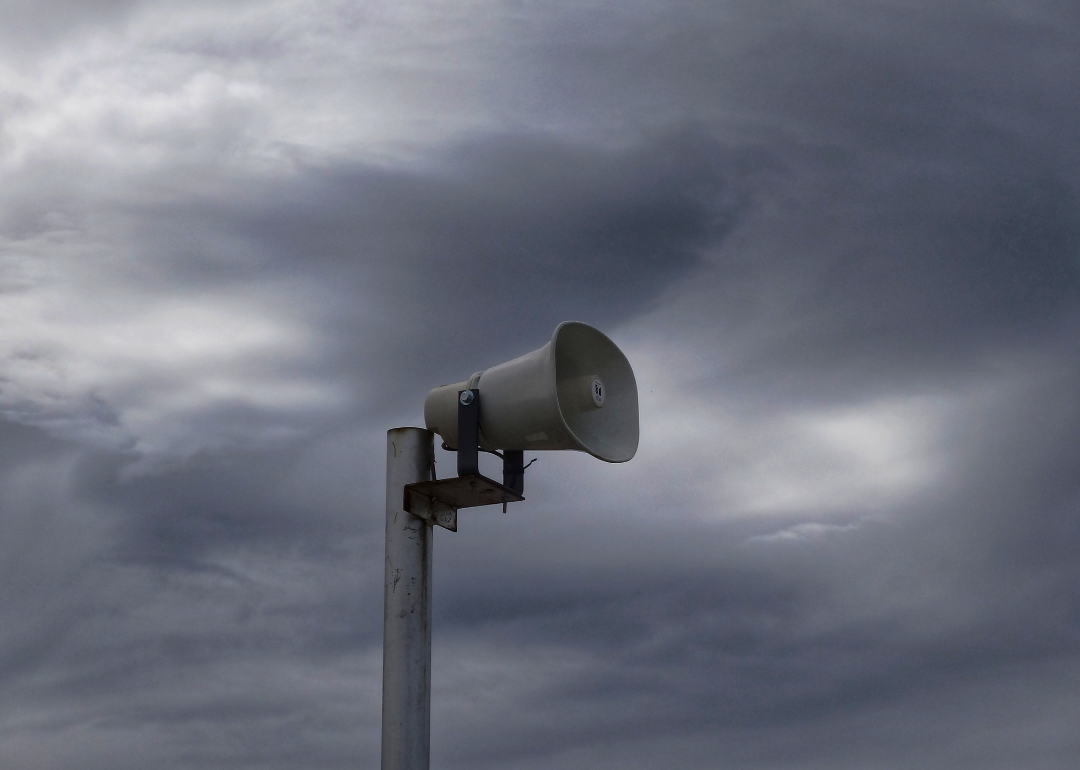
#14. Oct. 28, 2020
- Maximum tornado scale: EF1 (86-110 mph)
- Maximum tornado length: 3.8 miles
- Maximum tornado width: 250 feet
- Estimated property damage: $170.0K
- Estimated deaths: None
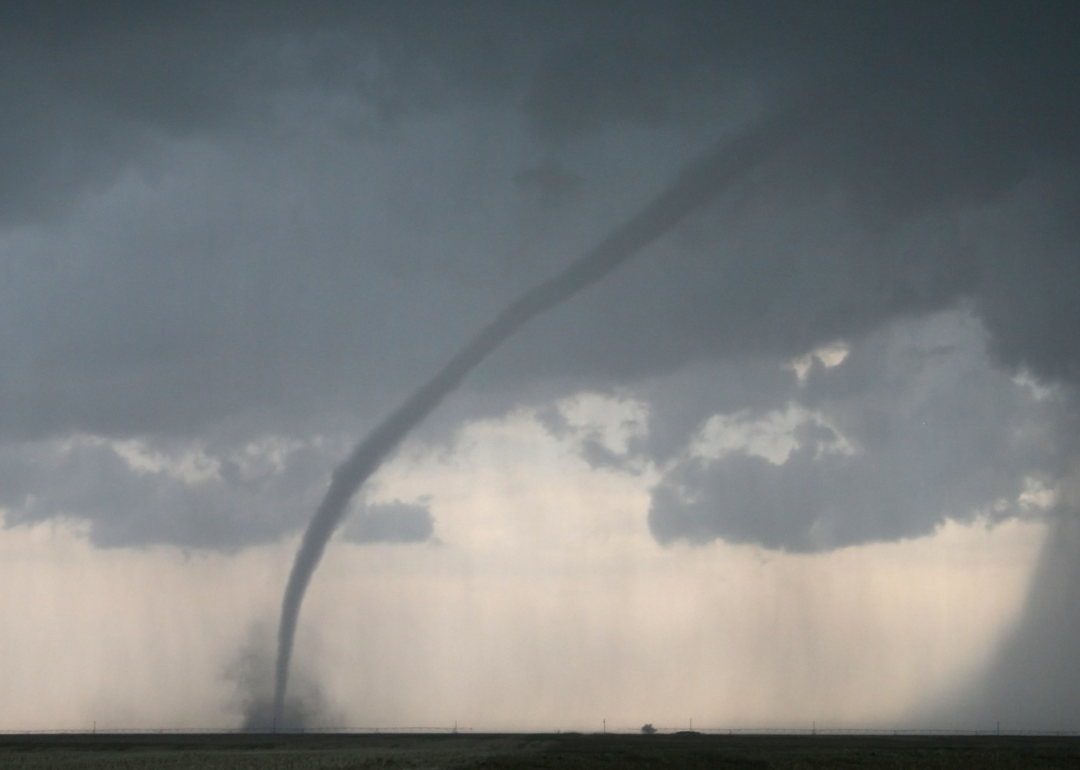
#13. Jun. 11, 2014
- Estimated length: 5.3 miles
- Estimated width: 300 feet
- Estimated property damage: $250.0K
- Estimated deaths: 0 direct, 0 indirect
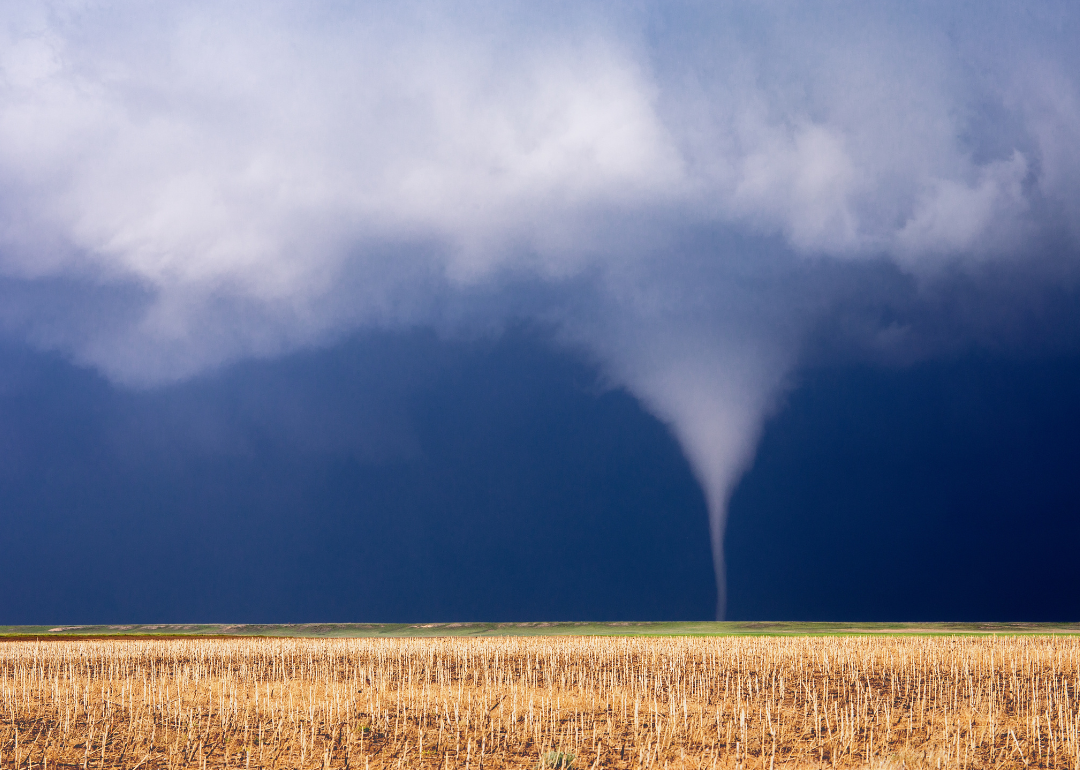
#12. Jun. 18, 2012
- Estimated length: 1.3 miles
- Estimated width: 350 feet
- Estimated property damage: $60.0K
- Estimated deaths: 0 direct, 0 indirect
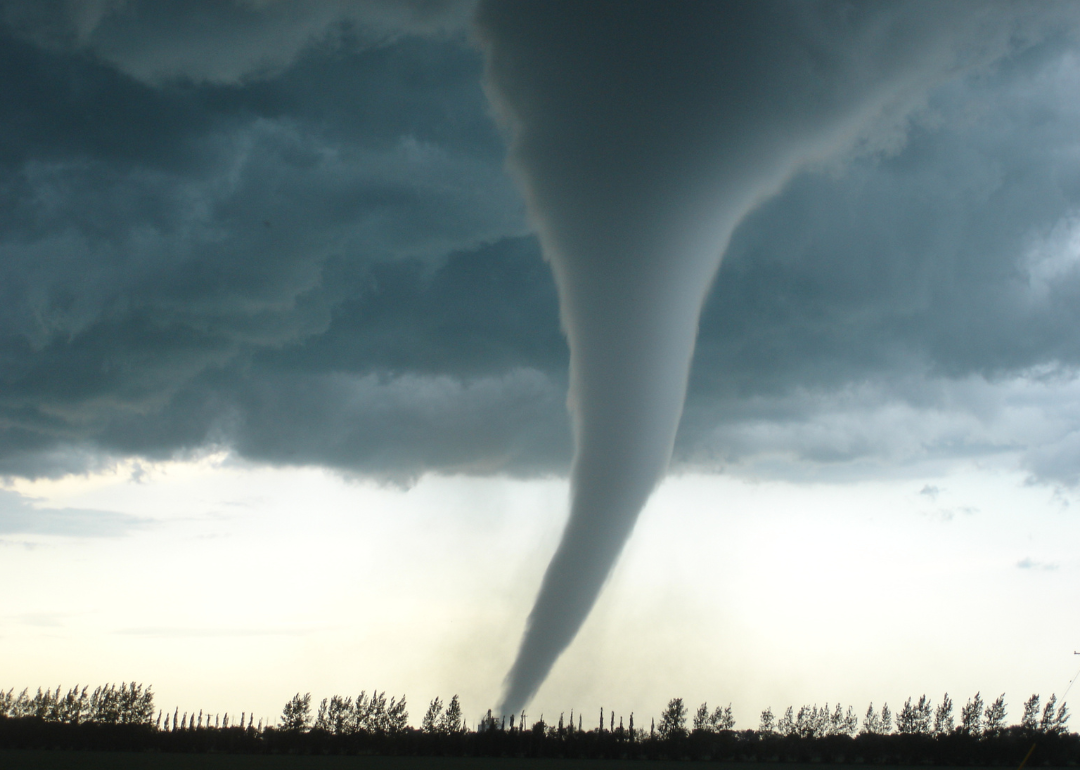
#11. Sep. 14, 2014
- Maximum tornado scale: EF1 (86-110 mph)
- Maximum tornado length: 6.3 miles
- Maximum tornado width: 400 feet
- Estimated property damage: $4.9M
- Estimated deaths: None
You may also like: Counties with the lowest hospital bed capacity in Michigan
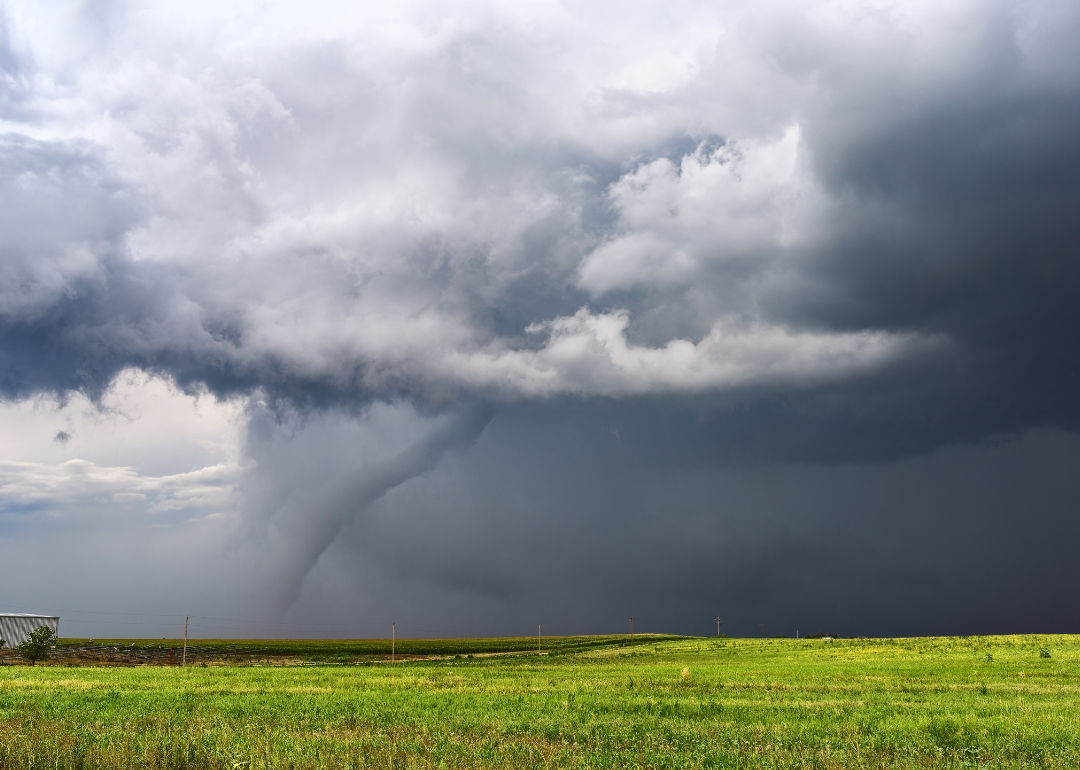
#10. Dec. 6, 2021
- Estimated length: 5.3 miles
- Estimated width: 450 feet
- Estimated property damage: None
- Estimated deaths: 0 direct, 0 indirect
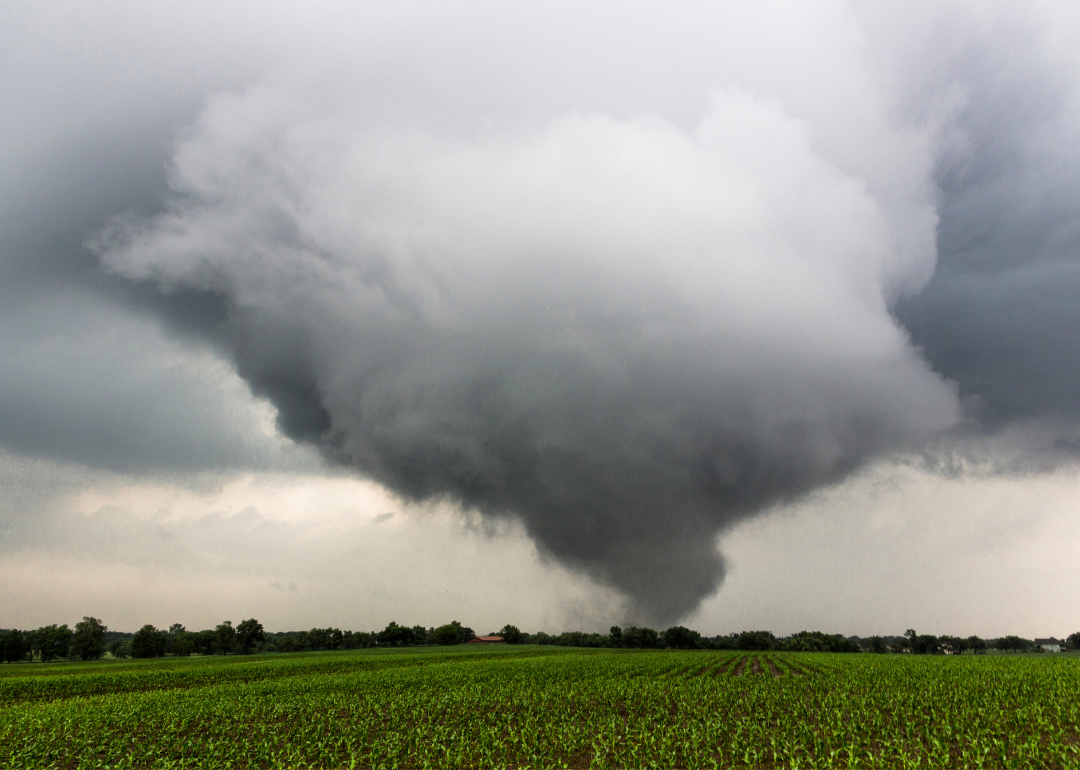
#9. Aug. 28, 2018
- Maximum tornado scale: EF1 (86-110 mph)
- Maximum tornado length: 1.1 miles
- Maximum tornado width: 500 feet
- Estimated property damage: $200.0K
- Estimated deaths: None
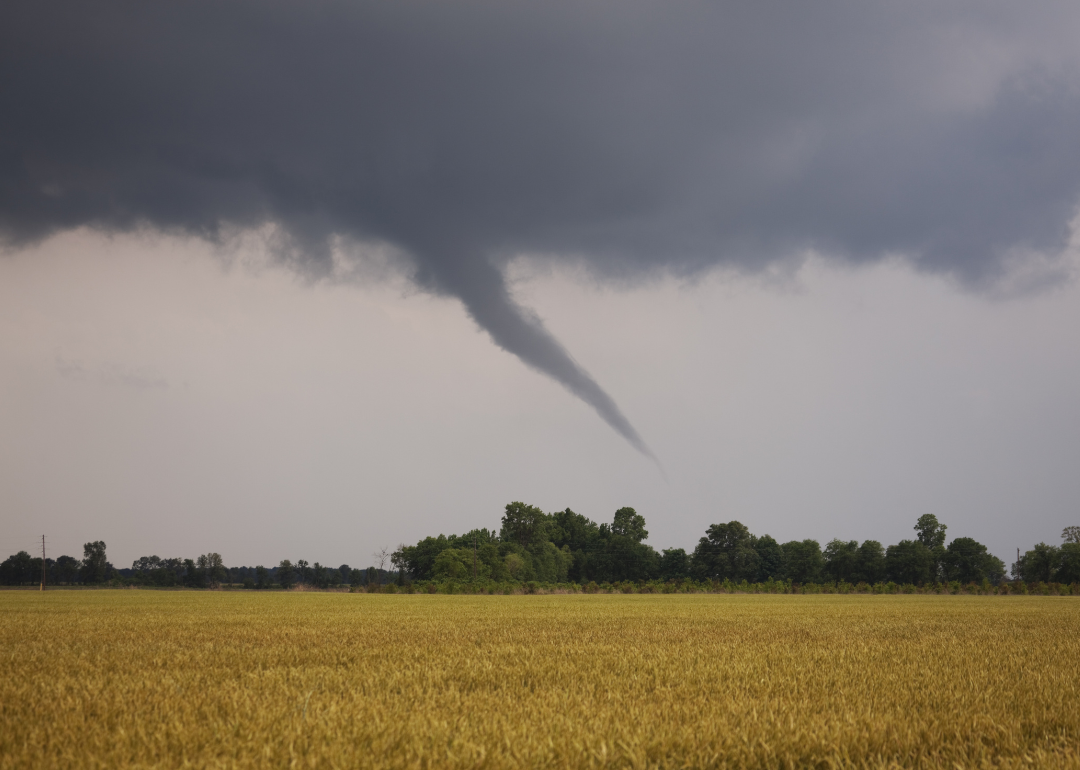
#8. Sep. 25, 2018
- Maximum tornado scale: EF1 (86-110 mph)
- Maximum tornado length: 4.3 miles
- Maximum tornado width: 520 feet
- Estimated property damage: $1.3M
- Estimated deaths: None
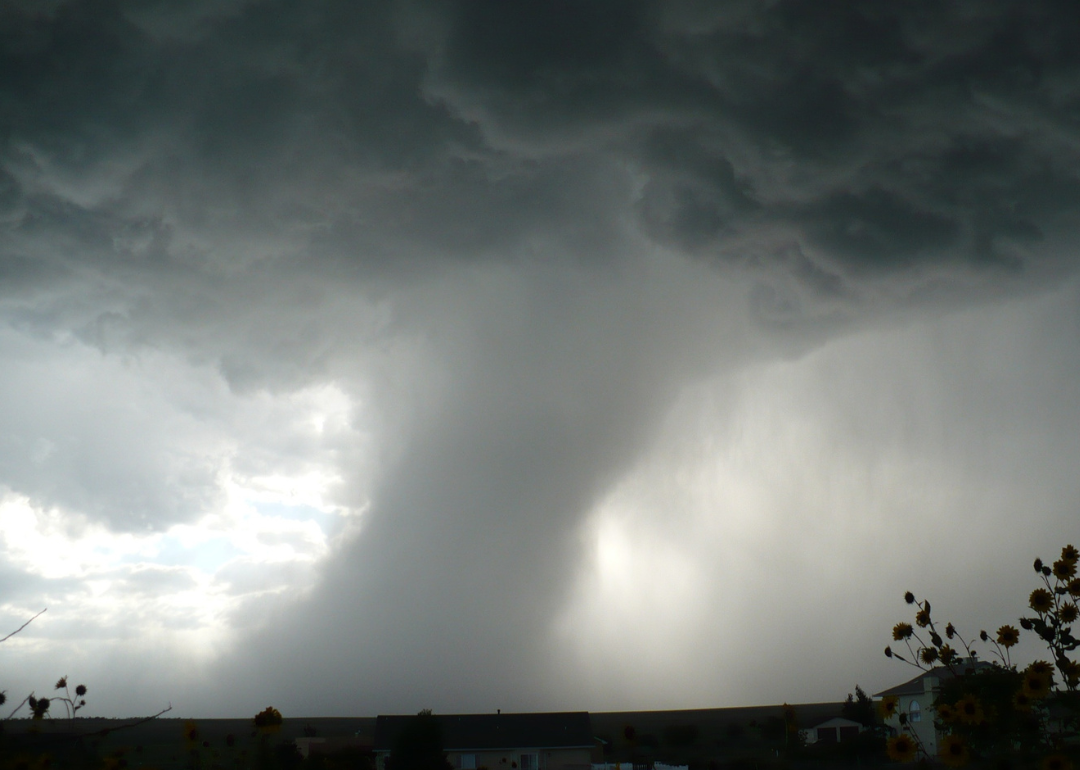
#7. Jul. 24, 2021
- Maximum tornado scale: EF1 (86-110 mph)
- Maximum tornado length: 3.5 miles
- Maximum tornado width: 700 feet
- Estimated property damage: $14.1M
- Estimated deaths: None
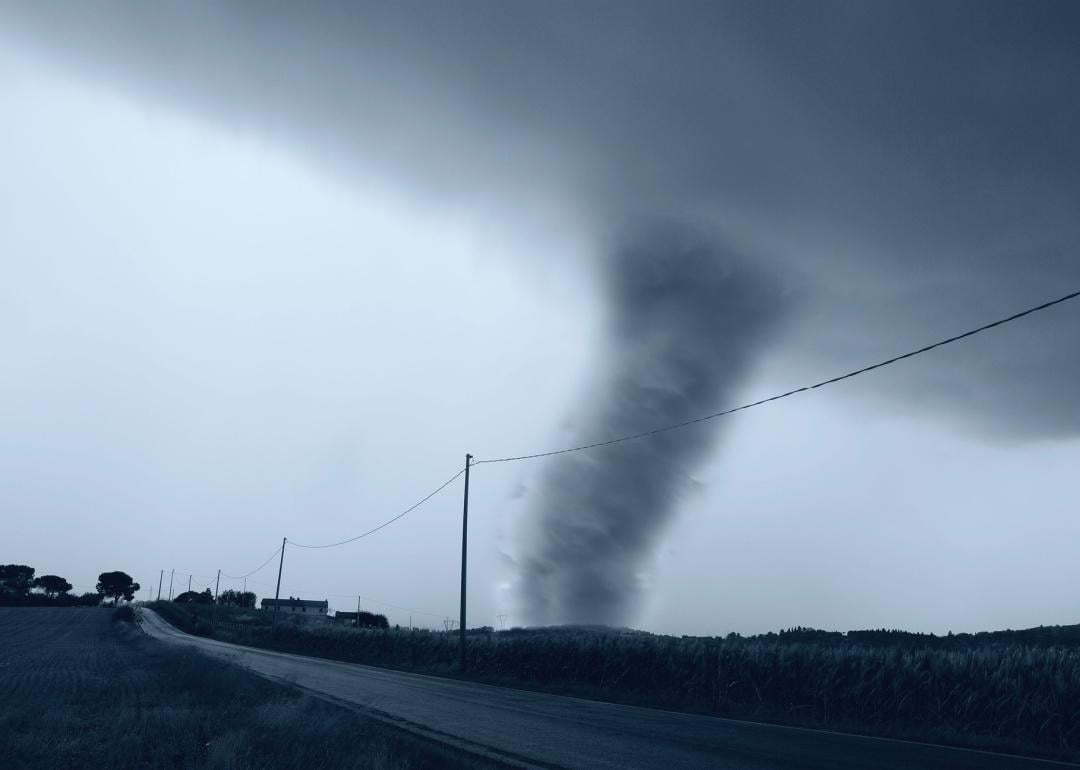
#6. Jun. 22, 2015
- Maximum tornado scale: EF2 (111-135 mph)
- Maximum tornado length: 21.9 miles
- Maximum tornado width: 250 feet
- Estimated property damage: $1.4M
- Estimated deaths: None
You may also like: Recipes from Michigan
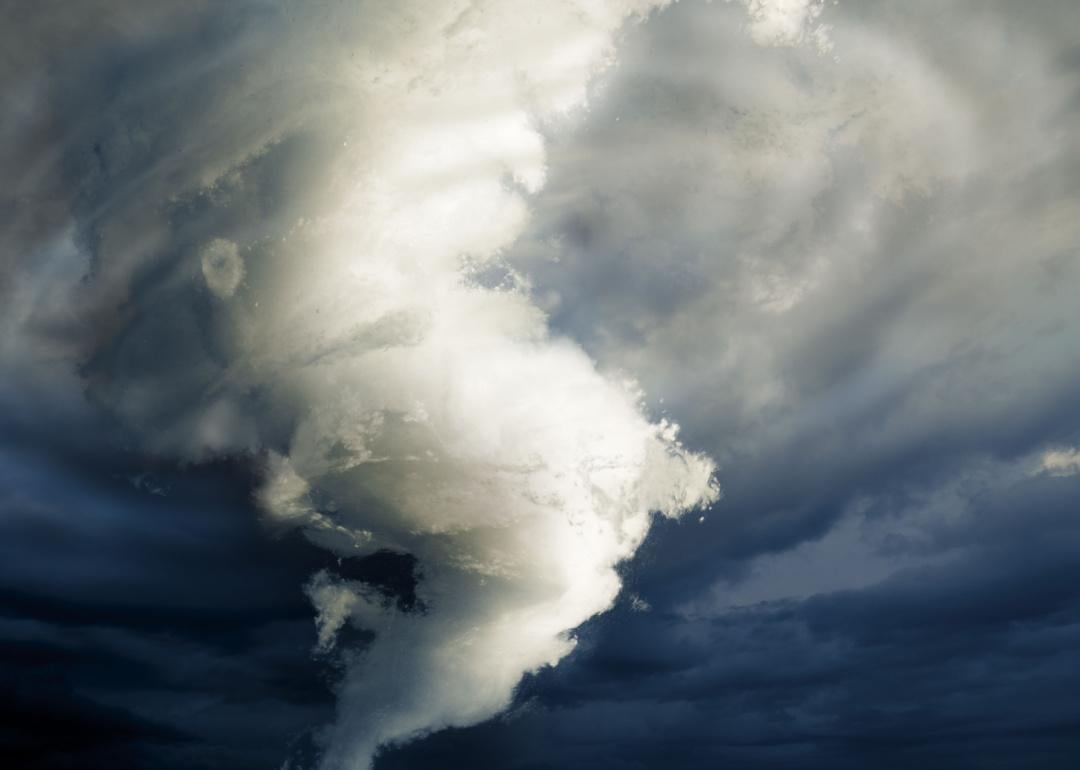
#5. Jun. 26, 2021
- Estimated length: 6.8 miles
- Estimated width: 400 feet
- Estimated property damage: $1.9M
- Estimated deaths: 0 direct, 0 indirect
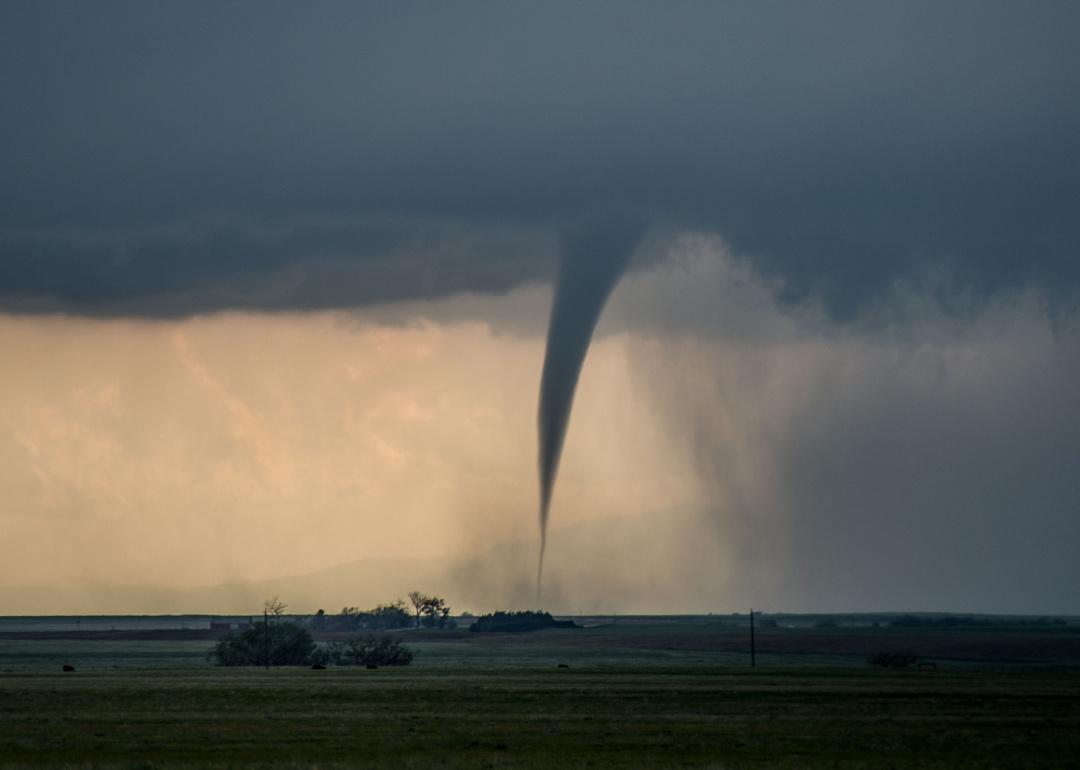
#4. May. 28, 2013
- Maximum tornado scale: EF2 (111-135 mph)
- Maximum tornado length: 5.6 miles
- Maximum tornado width: 550 feet
- Estimated property damage: $865.0K
- Estimated deaths: None
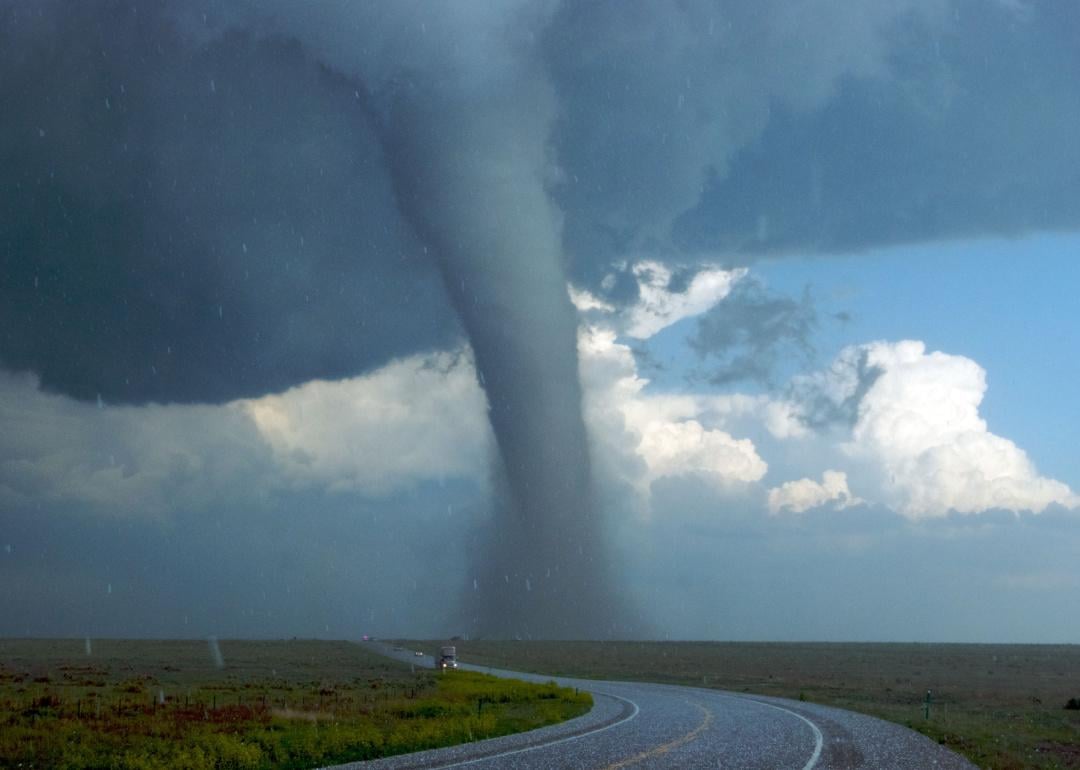
#3. Mar. 14, 2019
- Maximum tornado scale: EF2 (111-135 mph)
- Maximum tornado length: 18.2 miles
- Maximum tornado width: 700 feet
- Estimated property damage: $10.0M
- Estimated deaths: None
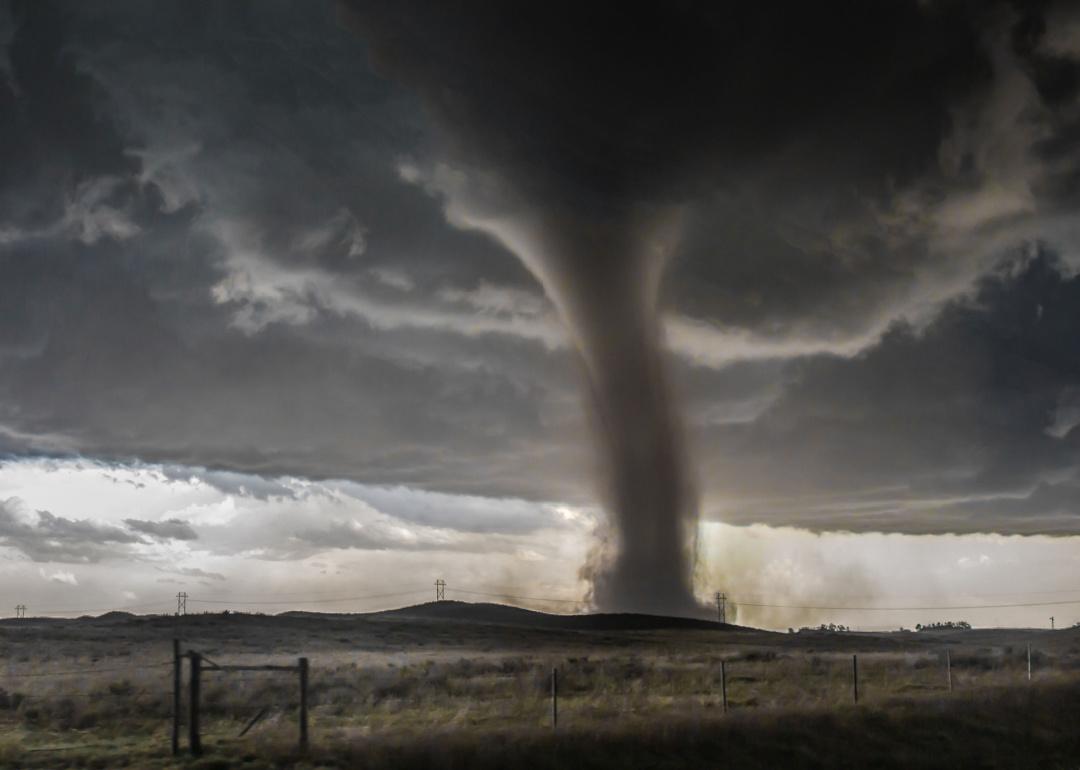
#2. May. 20, 2022
- Maximum tornado scale: EF3 (136-165 mph)
- Maximum tornado length: 15.8 miles
- Maximum tornado width: 200 feet
- Estimated property damage: $50.2M
- Estimated deaths: 2 direct, 0 indirect
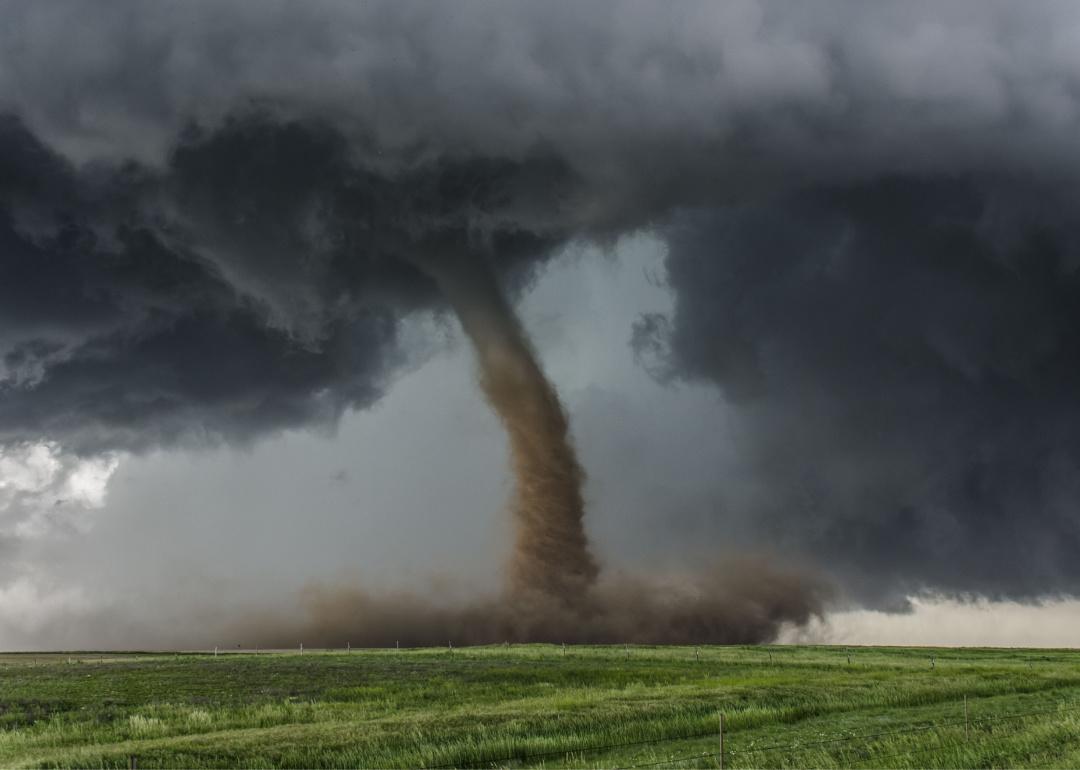
#1. Mar. 15, 2012
- Maximum tornado scale: EF3 (136-165 mph)
- Maximum tornado length: 7.6 miles
- Maximum tornado width: 800 feet
- Estimated property damage: $12.6M
- Estimated deaths: None
You may also like: States sending the most people to Michigan



